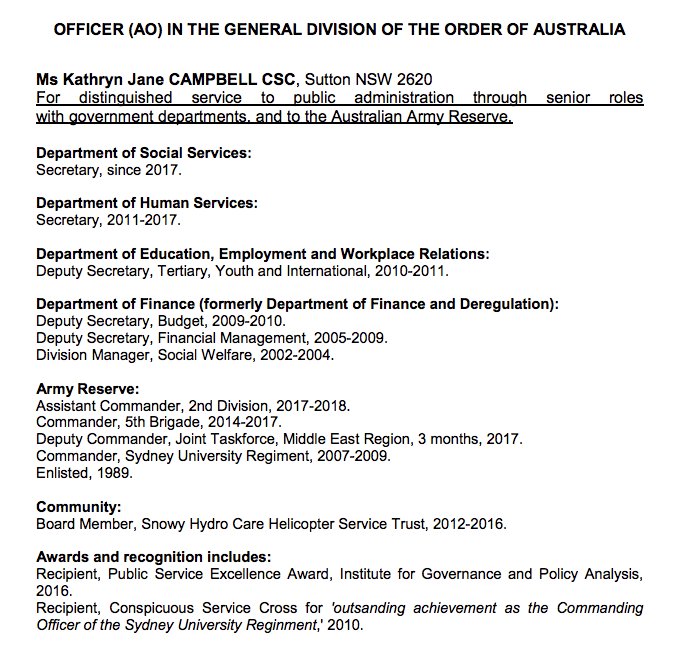have been paid regardless of whether the person rewarded should have
done what they did."
not only different, they are opposed."
not properly held to account." Misconduct was 'punished' with risible fines or even, in a pointed dig at ASIC, by media release.









